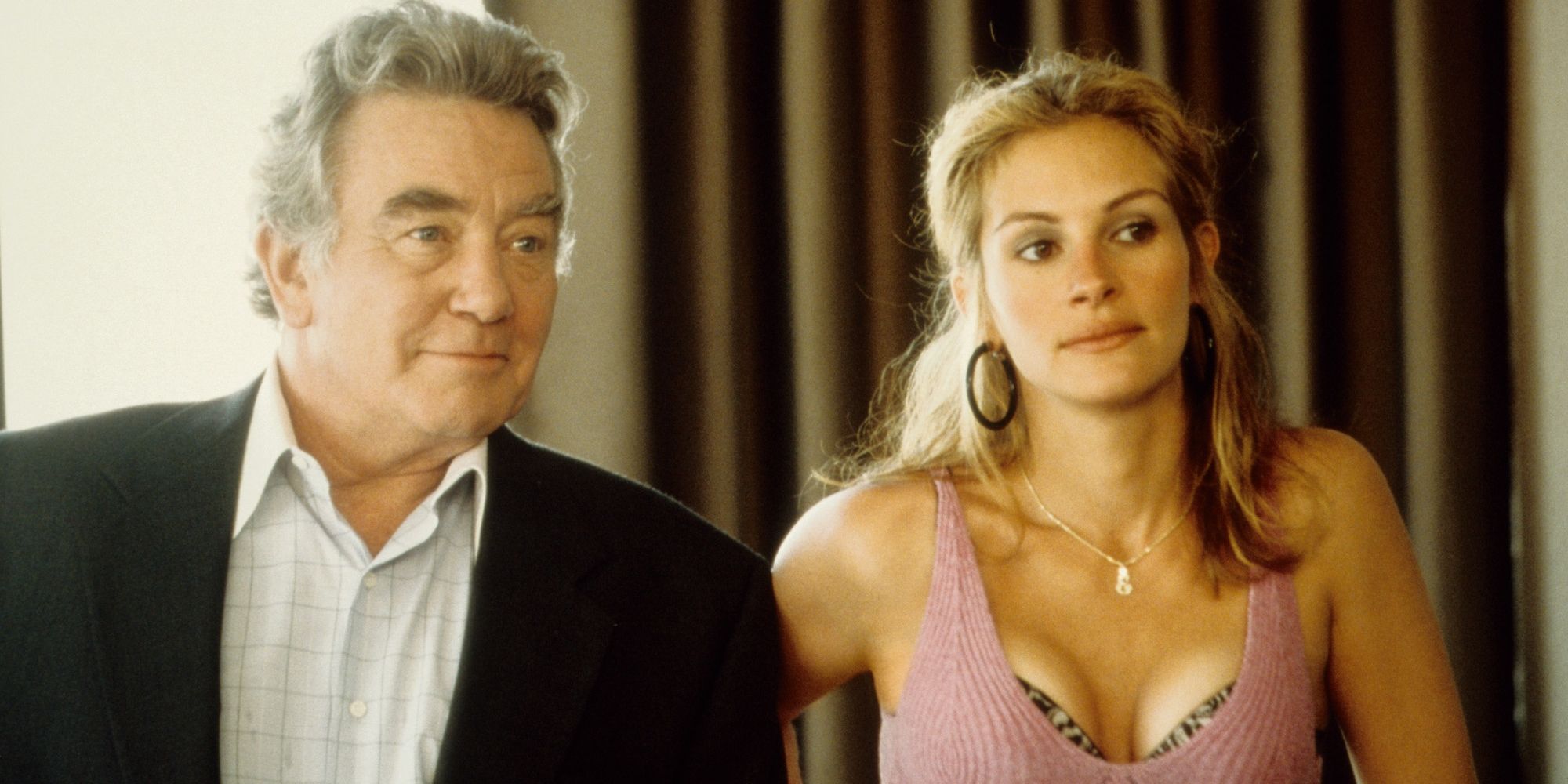‘Black Bag’ Proves That Steven Soderbergh Needs To Stop Playing It Safe

Another year, another film by Steven Soderbergh. 2025 has already seen the theatrical release of two films by the great filmmaker, Presence, a supernatural horror film in January, and Black Bag, a slick romantic spy thriller in March, both written by David Koepp. The two films were met with critical acclaim, particularly Black Bag, which is the kind of mid-budget, star-driven movie straight from the 1990s that film fans long to see released regularly. Unfortunately, the film is now synonymous with the current ongoing crisis in Hollywood. It seems like mass audiences have no interest in flocking to theaters to see something like Black Bag, which greatly underperformed at the box office. Soderbergh prefers to play things safe and familiar to a “better time” in moviemaking, but for the betterment of the medium, he’s better off swinging for the fences like he used to.
Steven Soderbergh’s Recent Films are Entertaining but Lacking Inventiveness
In the ’90s and 2000s, no one would ever define Steven Soderbergh as rudimentary or a rote, steady hand akin to a journeyman studio director. Ever since returning from his brief retirement in 2017, Soderbergh’s films, including Logan Lucky, No Sudden Move, and Kimi, are lean, stripped-down, genre exercises purposefully lacking any pretentiousness. On paper, Black Bag looks formulaic, but in a movie landscape where audiences are deprived of anything that isn’t needlessly bloated or IP extensions, it seems new-wave. He’s not reinventing the wheel, but he is so innately gifted as a filmmaker that the movies will feel refreshing.
Getting his start on the cusp of the indie boom of the ’90s, Soderbergh made his name off inventiveness. His Palme d’Or-winning 1989 debut, Sex, Lies, and Videotape, rejected the maximalism and excess of the era by telling a radical story of the sexual repression and alienation of Generation X. In his boldest genre experiment, Soderbergh added avant-garde flair to a familiar revenge thriller in The Limey, told with elliptical storytelling. Traffic, Soderbergh’s crime epic about the drug trade, earned him the Best Director Oscar, and it also inspired every subsequent film to color every scene set in Mexico or South America with a sepia tone. In between dazzling blockbusters like Ocean’s Eleven, Soderbergh, partaking in the oft-cited “one for them, one for me” model, defied all cinematic conventions with oddities like Full Frontal and Bubble, films without structured narratives shot on cheap digital cameras.
A Big Swing by Steven Soderbergh Would Be Beneficial to His Career and the Film Industry
The wish for Soderbergh to return to these big swings is not a reflection on the quality of his recent slate of films. If anything, infusing these “minor” efforts with so much personality and energy just confirms that he hasn’t lost his fastball in his 60s. Since his bifurcated docu-drama, Che, which had a troubled production, Soderbergh has sworn off making anything as demanding as a historical epic or a prestigious awards contender. Due to a series of unrealized projects, Soderbergh grew frustrated with Hollywood, leading to his temporary retirement in 2013. The current studio system is not exactly brimming with enthusiasm regarding artistic freedom and originality, so it’s unlikely that he would ever receive the same sizable budget he received when he was a marquee filmmaker in the aughts. He may say that he’s done making austere Oscar dramas, but he also told everyone that he was retiring from filmmaking, so we can never really count anything out.
Many of Soderbergh’s best films, including Erin Brockovich and Magic Mike, are not grand, high-octane projects, but their pressing ideas and movie star showcases represent Soderbergh at the peak of his powers. Erin Brockovich elevated Julia Roberts from being a lovable rom-com staple to a bonafide prestigious actor in an Oscar-winning role that turned this mundane legal drama into an endlessly captivating character study. Magic Mike, a downbeat study of post-Recession angst disguised as a fun dance/hangout movie, cemented Channing Tatum as the next big thing. Soderbergh’s post-retirement filmography features sprinkles of ingeniousness, but his preference to limit himself to the restrictions of genres will prevent him from ever reaching the emotional stakes of Solaris or Contagion.

Related
The 11 Best Steven Soderbergh Movies With Great Acting, Ranked
“That’s all you got, lady: two wrong feet and f***ing ugly shoes.”
With the way things are going at the box office, which has struggled throughout the first quarter of 2025, studios might become apprehensive to greenlight Black Bag, the kind of movie that used to be a surefire mainstream hit but is now resigned to being only cherished by die-hard cinephiles. Considering that the state of original, mid-budget cinema is precarious, Soderbergh, who has accrued enough cachet, should attempt to make a substantial dent in culture with an audacious experiment. His recent films, while always enjoyable, lack the cultural stickiness of Out of Sight or Ocean’s Eleven. A cynic might argue that Soderbergh’s resorting to throwback genre movies like Unsane and Black Bag has a similar stagnant effect on the industry as the glut of IP adaptations.
Everyone seems to clamor for original movies, although Black Bag‘s performance at the box office suggests otherwise. However, audiences have grown skeptical over what is considered “original,” as most viewers likely felt that Steven Soderbergh’s latest film was more or less a karaoke of the spy thrillers of yesteryear. Today, we need a revolution on the screen and not a return to familiarity.







